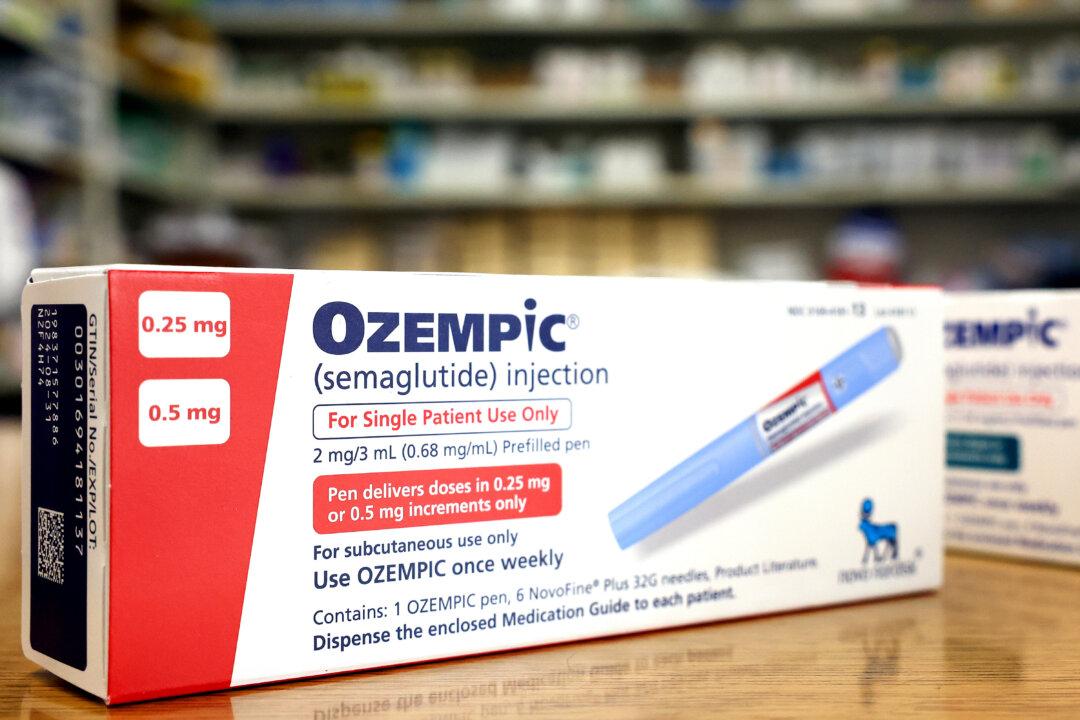Researchers say they have programmed a robot to anticipate a human being’s future actions in order to offer a helping hand, or rather, offering to pour a beer.
The robot, which was constructed by Cornell University’s Personal Robotics Lab, has the ability to assess a situation to determine whether its appropriate to act accordingly or not.
In a video posted by the university, a robot equipped with a Microsoft Kinect 3D camera and a database of 3D videos, is shown observing human actions and tries to figure out what it should do next, including opening a refrigerator door as a person approaches it, or pouring a beer in a cup.
The video shows a person pulling his cup back when the robot serves the drink, but it pours the beer onto the table because it did not “anticipate human activities,” the university said.
But in the second example, the robot--now apparently armed with the proper data--is able make a correct prediction when the cup is withdrawn. The video switches over to the robot’s view of the person, and it shows that the robot notes when the person takes a drink and places the cup back in its original position. The robot then pours the beer in the cup.
Researchers programmed the robot with a “set of possible continuations into the future such as eating, drinking, cleaning, putting away [dishes] and finally chooses the most probable [one],” according to a press release from the New York-based university.
They said the robot made the correct predictions 82 percent of the time when looking one second into the future during tests. When looking three seconds in the future, the robot made the correct predictions 71 percent of the time and for ten seconds, it made the correct prediction 57 percent of the time.
“Even though humans are predictable, they are only predictable part of the time,” Cornell professor of computer science Ashutosh Saxena said in the release.
“The future would be to figure out how the robot plans its action. Right now we are almost hard-coding the responses, but there should be a way for the robot to learn how to respond," Saxena continued.
Cornell researchers in June will present their studies at the International Conference of Machine Learning in Atlanta. The research was supported by Microsoft, the Alfred E. Sloan Foundation, and the U.S. Army Research Office.





